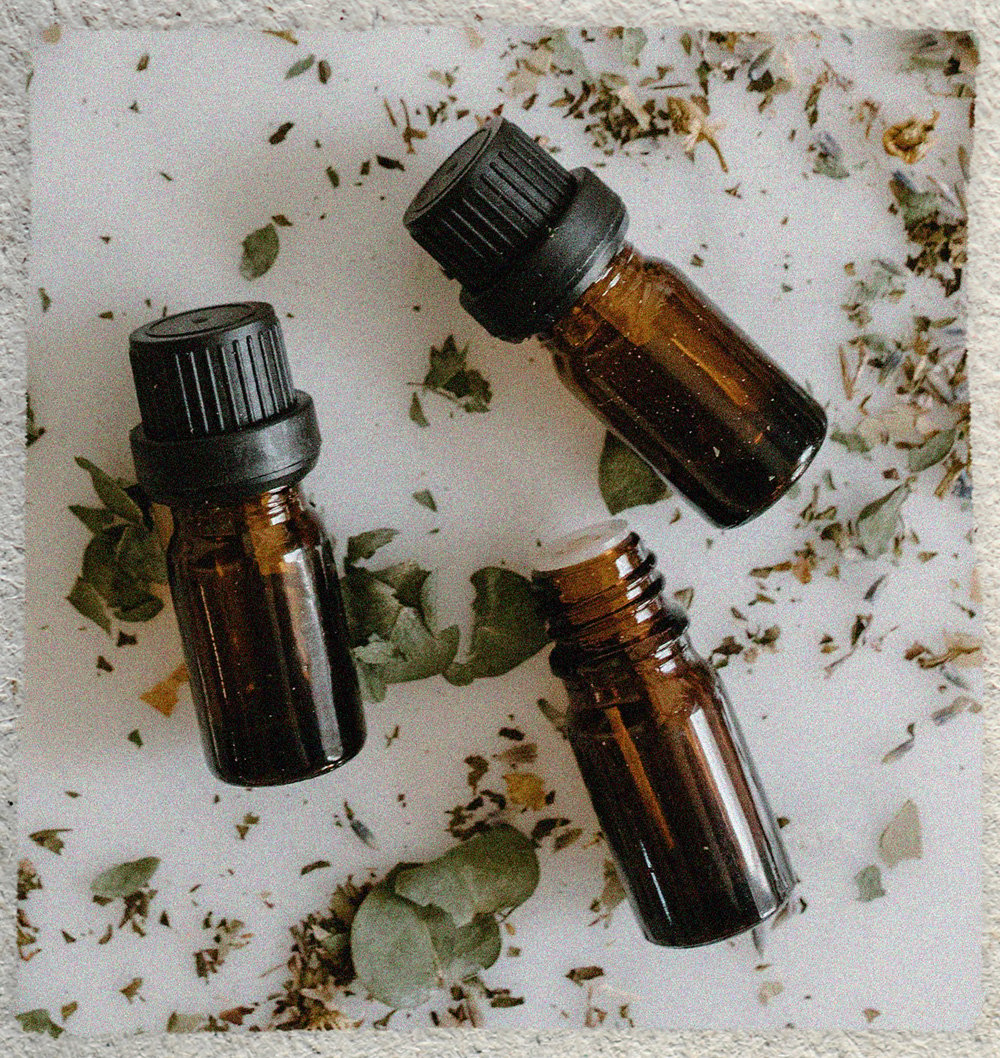Have you ever felt irritable or moody for no obvious reason? And then your period comes… and it all starts to make sense. We’ve all been there. The good news is, we’re about to share all the answers to your PMS questions.

What is PMS?
Premenstrual syndrome (PMS) is the term we use to describe the emotional and physical symptoms that you experience about a week before the start of your period. Whether it’s bloating or mood swings, you can often experience changes before your period arrives.
Some common symptoms of PMS include:
- Bloating
- Feeling achy
- Irritability
- Sadness or anxiety
- Mood swings

How and why does PMS affect my mood?
Although research into PMS and its symptoms is quite limited, it’s likely that it's caused by the various hormonal fluctuations experienced in the second half of the menstrual cycle. So, how does each phase affect your mood?
· The Follicular Phase
This is the “happiest” stage of your cycle. This phase starts when you get your period and usually lasts for around two weeks. During this time, you produce increased levels of oestradiol which help you feel energetic and joyful.
· The Ovulatory Phase
During this stage, your body is releasing LH hormones that prompt ovulation. Some studies show that your sex drive may increase during this time, and you may also feel more confident.
· The Luteal Phase
This is when your levels of progesterone start to rise and bring with it the beginning of PMS. You may feel moody, anxious or stressed which will eventually lead to the start of your period.


How can I manage PMS?
Although experiencing PMS is completely normal, there may be a few things you can do to help reduce your symptoms and make yourself feel a bit more in control.
· Natural remedies
There are some vitamins that can help to reduce PMS symptoms. Calcium is said to help with PMS-related anxiety and sadness. If you are experiencing these symptoms during your cycle, try to increase your intake of milk, yoghurt or fortified orange juice.
Vitamin B-6 may also help and can be found in fish, chicken, and fruit. Otherwise, you can find it in the form of a supplement.
It’s important to note that you won’t see changes straight away and it may take three menstrual cycles to see the differences – so don’t give up!
· Lifestyle changes
Trying to be active during your menstrual cycle, even if it’s just a small walk, can help with feelings of irritability or anxiety. Also making sure you’re getting the right amount of sleep (ideally eight hours) can really help to reduce PMS symptoms in the lead up to your period.
· Hormonal birth control
The pill or other hormonal birth control methods can help with the more physical symptoms of PMS, like bloating. However, they may make your emotional symptoms, especially mood swings, worse. If you’re thinking about this option, it’s important to talk to your GP about your symptoms and find the best option for you.
· Track your symptoms
If you start to track your menstrual cycle and your emotions throughout the different stages, you can help to keep things in perspective. If you can look at your emotions and link them to your cycle, it might help you feel a little less anxious and a little more in control.
If you are considering speaking to your doctor about PMS symptoms, it is also helpful for them to see a log of your feelings throughout your cycle so that they can provide the best help.
Here’s our suggestions for some of the things you could note when tracking your PMS symptoms:
· Tiredness, poor sleep or too much sleep · Sudden changes in your mood · Lack of interest in daily life · Trouble concentrating · Low energy · Anxiety or sadness

Finding support for PMS
Remember that you’re not alone in suffering from PMS, and reaching out to friends and family about your experience can be a great way to relieve some stress around your period.
If you are really struggling with PMS and it is affecting your ability to go about daily life, we suggest you reach out to your doctor. It’s important that your symptoms are taken seriously so that you can find a method to deal with PMS.
Researching and understanding your period a bit more might also help you feel more in control of your body. Read up about menstrual health issues and stay informed.




